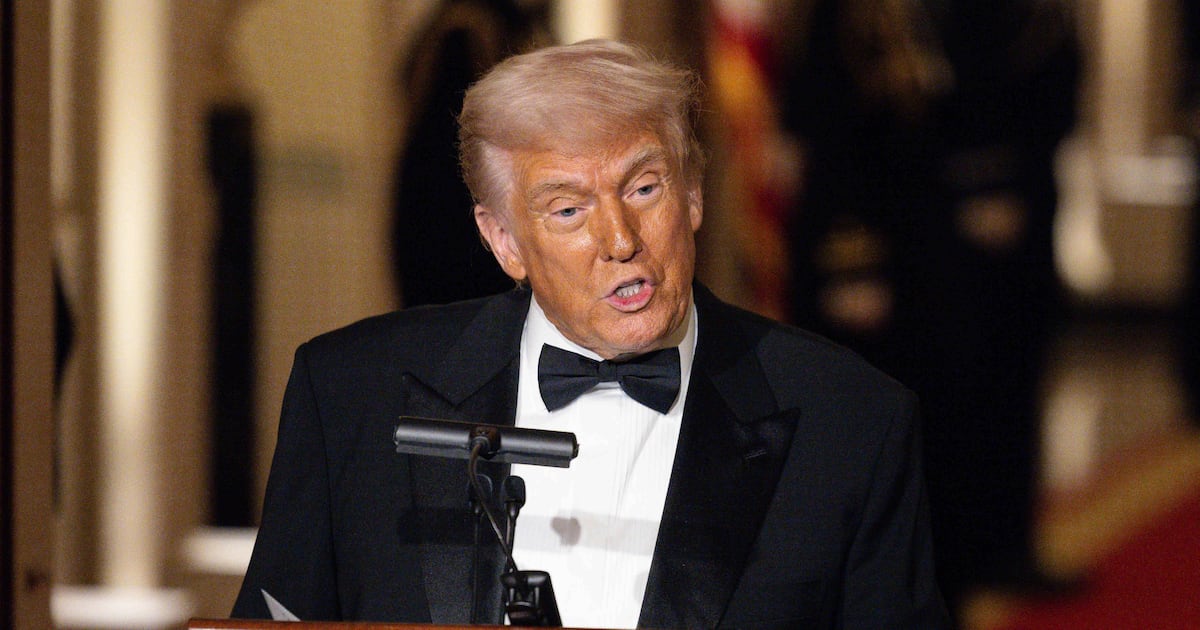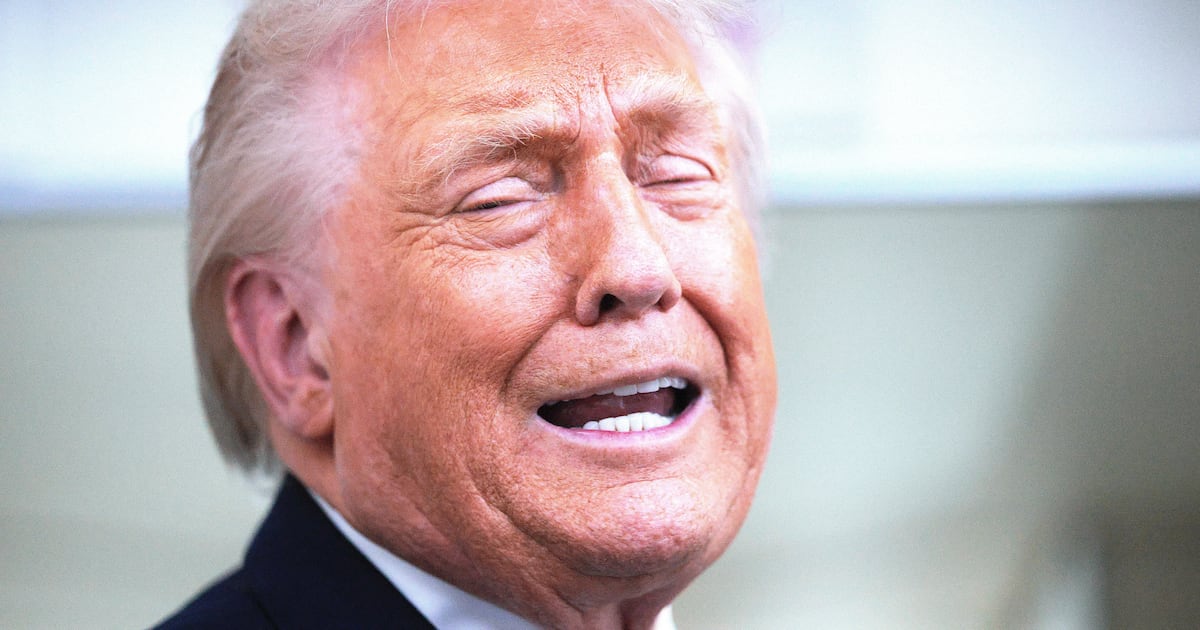The pundits are circling like vultures. You can’t turn on a cable news channel—except for Fox News, of course—without hearing an expert tell you how deadly Bridgegate is to Chris Christie’s presidential ambitions. Some have called for the governor to resign. Others say he’s “forever tarnished.”
But barring evidence that directly implicates Christie in the political-retaliation debacle, this scandal won’t hurt his higher aspirations in any significant way. How can I say that? Well, I have seven reasons why:
We have the attention span of a house cat. We focus on an issue until another shiny object—or a piece of string—distracts us. Right now cable newsdom is all abuzz with Christie—but how long will that wall-to-wall coverage last? Until Miley Cyrus twerks again or Dennis Rodman visits another country in the Axis of Evil or Rick Flair gives another pep talk.
The other leading 2016 candidates have—or will have—scandals. Hillary Clinton has Benghazi, which the GOP will keep on life support for the next few years. Rand Paul plagiarized speeches. Ted Cruz was born in Canada. Marco Rubio has “Watergate”—his desperate need for water when giving important speeches, as well as a penchant for enhancing his bio to make himself look “more dramatic and victorious in the face of adversity.” And we still have another year or so until the presidential election cycle begins in earnest.
The first Republican presidential primary is two years away. Does anyone actually think that in 2016 we will still be discussing whether two lanes of traffic were closed in Fort Lee, N.J., in 2013? I don’t. And how many other scandals—real and media created—will occur between now and 2016 that will dwarf this one? If I were betting, I’d say a lot.
We all are infected by the reality-show mind-set. We have been subjected to the overly dramatic for more than 15 years now—on a weekly basis, we observe people having meltdowns, lying, and embarrassing themselves. We simply watch, judge, and move on until next week’s episode. Consequently, our definition of “outrageous behavior” has changed. You really need to do something horrific for us to remember your gaffes.
Christie may actually get a bump in the Republican Party. There could be a silver lining for the beleaguered governor. A December poll found that Christie only registered a 15 percent favorability rating among of Tea Party members. That could rise if these more conservative members of the GOP view the attacks on Christie as just typical “liberal media” BS. And the longer the media keeps covering this scandal, the more we can expect to hear Tea Partiers complain that the media hasn’t covered Obama’s gaffes or Benghazi to the same extent.
Christie can’t become any more of a “bully.” If we played a drinking game in the last 48 hours where you had to down a shot of whiskey every time a pundit called Christie a “bully,” you would be in the emergency room. Those who claim that this will “really” paint Christie as a bully are missing the fact that the media has been using this term to define him for awhile now. So unless there are levels of being a bully—such as “Super Bully” or “really big bully”—the bully label is nothing new.
No one is paying attention. Don’t get me wrong—I think many are following this issue. We love scandals, especially ones as easy to grasp as this. If there was a sexual component to this scandal, it could be bigger than the Super Bowl. But when I say “no one is paying attention,” I mean that it’s highly unlikely anyone is deciding now whom he or she will be supporting in the next presidential primaries—let alone the general election in November 2016.
That said, I’m not saying Chris Christie will win the 2016 Republican nomination. But unless some additional evidence is unearthed, this issue will be in our collective rear-view mirror as soon as we sink our teeth into the next “scandal.”
In the interim, it would be heartening to see the media spend even a quarter of the airtime they have allocated to cover Bridgegate as covering Christie’s policies as governor. Wouldn’t it be great if people were informed on not just politics but policy as well?





